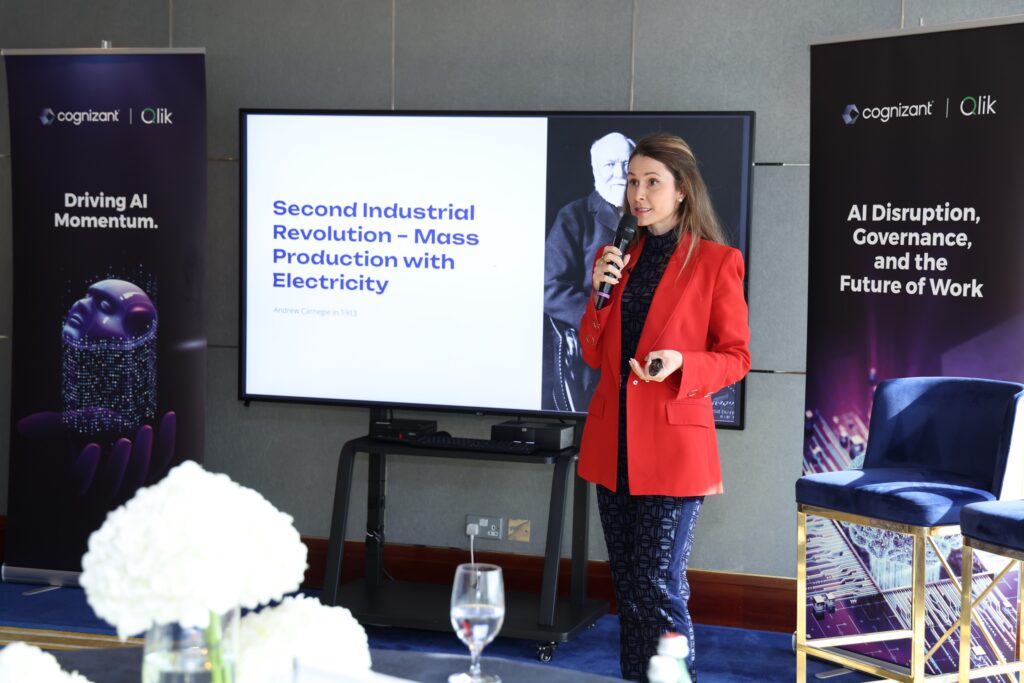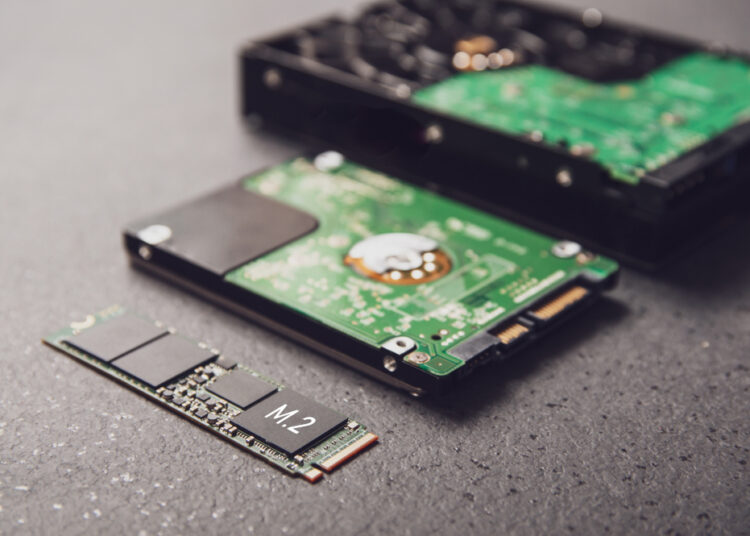How is the Middle East uniquely positioned to leverage AI compared to other regions, and what industries are leading this charge?
As discussed during the event wonderfully organised by Qlik in collaboration with Cognizant, the Middle East, particularly the UAE, is an exciting place to be when it comes to AI. The region’s AI potential is projected to reach $320 billion. While we are just scratching the surface, the transition from potential to realisation is now underway.
One unique advantage the UAE holds is its neutral global position amidst geopolitical complexities. This, combined with high government investment in technology and transformation, creates a robust environment for AI to thrive. AI’s role here extends to addressing key challenges and transforming industries such as energy, construction, and climate adaptation, which are leading the charge in this region.

What steps can organisations take to build ethical and transparent AI systems while ensuring compliance with global governance standards?
Like Qlik, to build ethical and transparent AI systems, organisations need to address several foundational questions:
- Do senior leadership and board members understand AI’s potential and risks?
- Is the right infrastructure in place to ensure smooth transitions?
- What processes exist to mitigate implications and risks?
Organisations must recognise AI’s disruptive potential across industries and society. A proactive approach to governance, risk assessment, and long-term planning is essential. Companies that can anticipate and respond to these disruptions effectively will lead the way in responsible AI deployment.
How do you foresee AI reshaping job markets, and what key skills should professionals focus on developing to remain competitive?
AI’s impact on job markets is unprecedented, as automation increasingly takes over tasks traditionally performed by humans. This transition emphasises the need for professionals to work alongside AI, understand its nuances, and mitigate associated risks.
Key skills for staying competitive include:
- Understanding AI and machine learning basics.
- Developing critical thinking and problem-solving abilities.
- Enhancing communication and collaboration skills to integrate with AI systems.
Professionals who adapt and align their skills with this new economy will thrive.
What role do collaborations between governments and businesses play in promoting responsible AI deployment?
Collaborations between governments and businesses are critical. Governments, including the UAE and Singapore, are excelling in fostering private-public partnerships. These initiatives bridge the knowledge gap for policymakers and regulators who may not fully understand emerging technologies like AI.
Programmes that support education, upskilling, and industry engagement are essential to creating effective policies and regulations. This collaboration ensures a thriving ecosystem for responsible AI deployment.
Can you share examples of how AI is being implemented in socially responsible ways to align with global sustainability goals?
AI plays a significant role in advancing sustainability goals. For instance, across the United Nations’ 17 Sustainable Development Goals, AI use cases abound.
A compelling example is AI’s role in the energy transition—helping manage resources more efficiently and addressing climate challenges. In the UAE, AI is being utilised to tackle region-specific issues, such as water management in extreme heat and sustainable construction. Dubai’s rapid growth highlights the importance of ensuring construction aligns with environmental goals, and AI is pivotal in driving this transition.










Discussion about this post